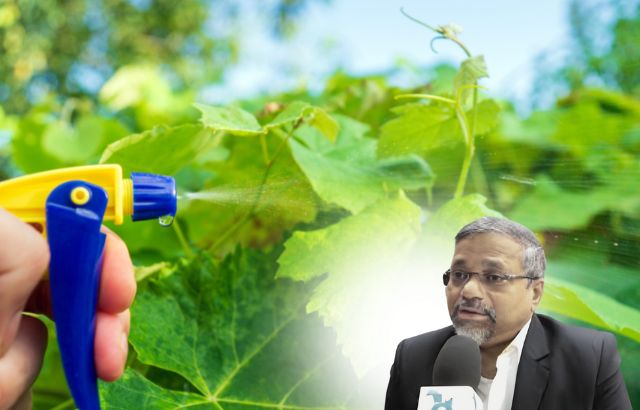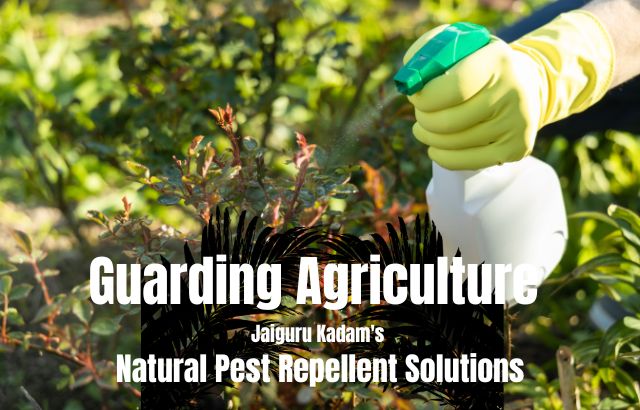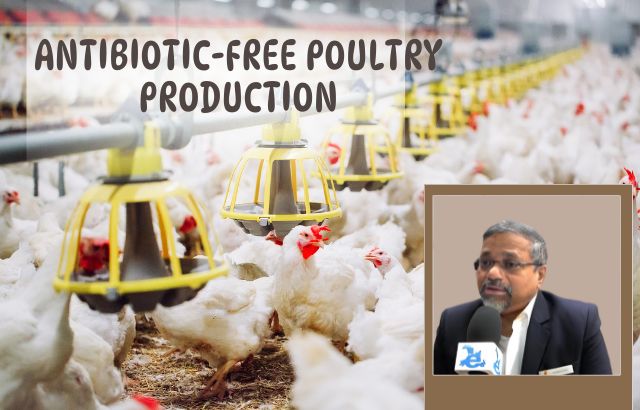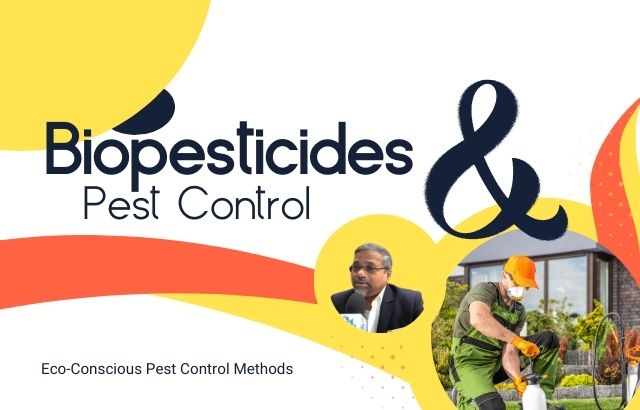As the global focus shifts towards more sustainable practices, the need for eco-friendly pest control solutions becomes increasingly urgent. Traditional chemical pesticides pose risks to human health and the environment. However, nature offers a wealth of natural pest control methods that can effectively manage pest populations without the adverse side effects of synthetic chemicals. This blog explores these green innovations and answers common questions about harnessing nature’s arsenal to keep pests at bay.
Natural Pest Control Methods
- Beneficial Insects
- Ladybugs: These small beetles are voracious predators of aphids and other garden pests.
- Lacewings: Known for their larvae, which consume a variety of insects including aphids, caterpillars, and mealybugs.
- Predatory Beetles: Species like the ground beetle can control pests such as slugs and snails.
- Neem Oil
- Extracted from the seeds of the neem tree, neem oil disrupts the life cycle of pests. It acts as a repellent and disrupts feeding patterns, making it effective against aphids, whiteflies, and spider mites.
- Diatomaceous Earth
- This natural powder, composed of fossilized algae, works by dehydrating insects that come into contact with it. It is useful for managing pests like ants, cockroaches, and bedbugs.
- Companion Planting
- Marigolds: These flowers repel nematodes and other pests when planted alongside vegetables.
- Basil: Planting basil near tomatoes can deter flies and mosquitoes.
- Biopesticides
- Bt (Bacillus thuringiensis): A bacterium that targets specific insect larvae, making it effective for controlling caterpillars and beetles.
- Spinosad: Derived from natural sources, this biopesticide disrupts the nervous systems of pests like fruit flies and leaf miners.
FAQs answered by Jaiguru Kadam

1. How do beneficial insects work in pest control?
Beneficial insects, also known as natural enemies, help manage pest populations by preying on or parasitizing harmful insects. For example, ladybugs feed on aphids, while lacewing larvae consume a wide range of pests. Introducing these beneficial insects into your garden can create a balanced ecosystem where pests are kept in check naturally.
2. Is neem oil safe for all plants?
Neem oil is generally safe for most plants, but it’s always best to test it on a small area first. Avoid using neem oil in direct sunlight as it can cause leaf burn. It is also important to follow the recommended dilution rates to avoid potential harm.
3. How often should I apply diatomaceous earth?
Diatomaceous earth should be reapplied after heavy rain or irrigation as it loses its effectiveness when wet. For indoor use, apply it in areas where pests are active, such as around baseboards and entry points. For outdoor use, ensure it is applied in a dry condition for best results.
4. Can companion planting really make a difference?
Yes, companion planting can significantly affect pest populations. Plants like marigolds release compounds that repel certain pests, while others can attract beneficial insects. Integrating companion plants into your garden design can enhance natural pest control and improve plant health.
5. What are biopesticides and how are they different from chemical pesticides?
Biopesticides are derived from natural materials like bacteria, fungi, and plants. They work by targeting specific pests without affecting beneficial organisms or human health. Unlike chemical pesticides, biopesticides tend to have minimal environmental impact and degrade quickly, reducing the risk of long-term contamination.
Examples of Successful Green Pest Control

- The Introduction of Ladybugs in Organic Farms
- Organic farms have successfully used ladybugs to manage aphid populations. For instance, in California, organic strawberry farms have seen significant reductions in aphid numbers by introducing ladybugs, leading to healthier crops and fewer chemical treatments.
- Neem Oil for Fruit Trees
- Neem oil has been effectively used to manage pests on fruit trees. Orchard owners in India and Africa use neem oil to control fruit flies and other pests, enhancing fruit yield and quality while reducing the need for synthetic pesticides.
- Companion Planting in Urban Gardens
- Urban gardeners have successfully implemented companion planting techniques to repel pests. For example, planting marigolds alongside vegetables has helped control nematodes and other soil-borne pests, resulting in more productive urban gardens.
Conclusion
Harnessing nature’s arsenal for pest control offers a sustainable and effective alternative to traditional chemical methods. By using beneficial insects, neem oil, diatomaceous earth, companion planting, and biopesticides, you can create a healthier environment for your plants and reduce the negative impacts on the ecosystem. Embracing these green innovations not only supports the health of your garden but also contributes to a more sustainable future.












